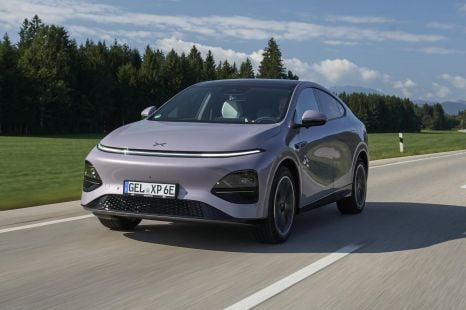

Neil Briscoe
2026 Xpeng G6 AWD Performance review: Quick drive
4 Days Ago
Mitsubishi's local CEO doesn't think NVES laws will force people into EVs, arguing that more needs to be done to reduce emissions.

Marketplace Journalist
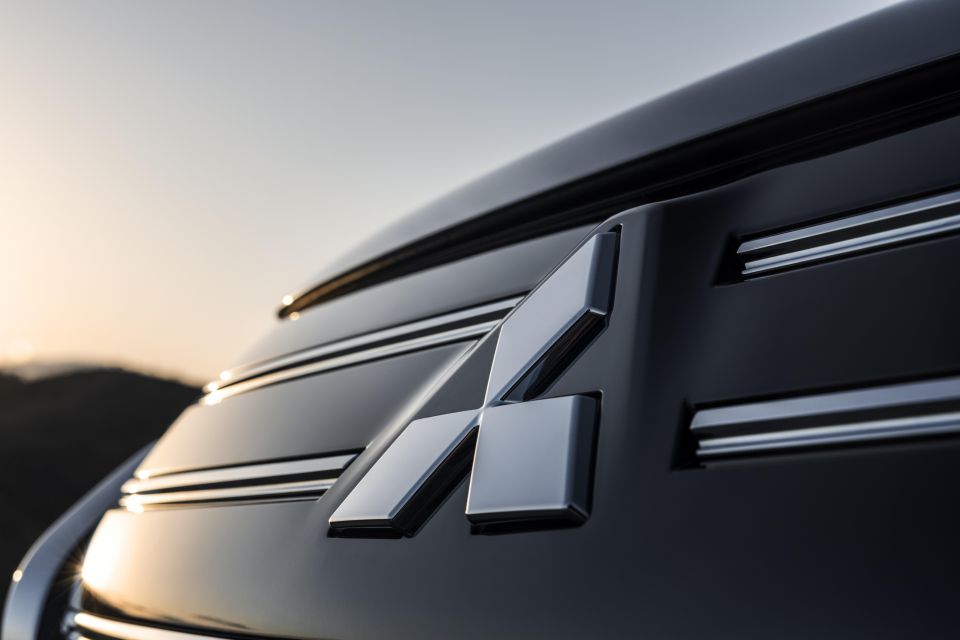

Marketplace Journalist
The Australian Government’s New Vehicle Efficiency Standard (NVES) penalties officially came into effect on July 1, but Mitsubishi Motors Australia’s president and CEO Shaun Westcott claims they won’t force an uptick in electric vehicle (EV) sales.
Designed to incentivise manufacturers to reduce CO2 emissions across their vehicle lineups, the NVES commenced on January 1, 2025. If automakers exceed an average carbon emissions target on the vehicles they sell each year, they’ll be penalised $100 per g/km of CO2 for every vehicle which exceeds the target.
Speaking at the recent local launch for the updated Mitsubishi Outlander, Mr Westcott addressed the issue of NVES by telling CarExpert he agreed with its fundamental motives.
“It’s important that people understand that I personally, and as a company, we are very concerned about sustainability and the environment, and we think that the world should be doing something to reduce emissions,” he said.
Hundreds of new car deals are available through CarExpert right now. Get the experts on your side and score a great deal. Browse now.
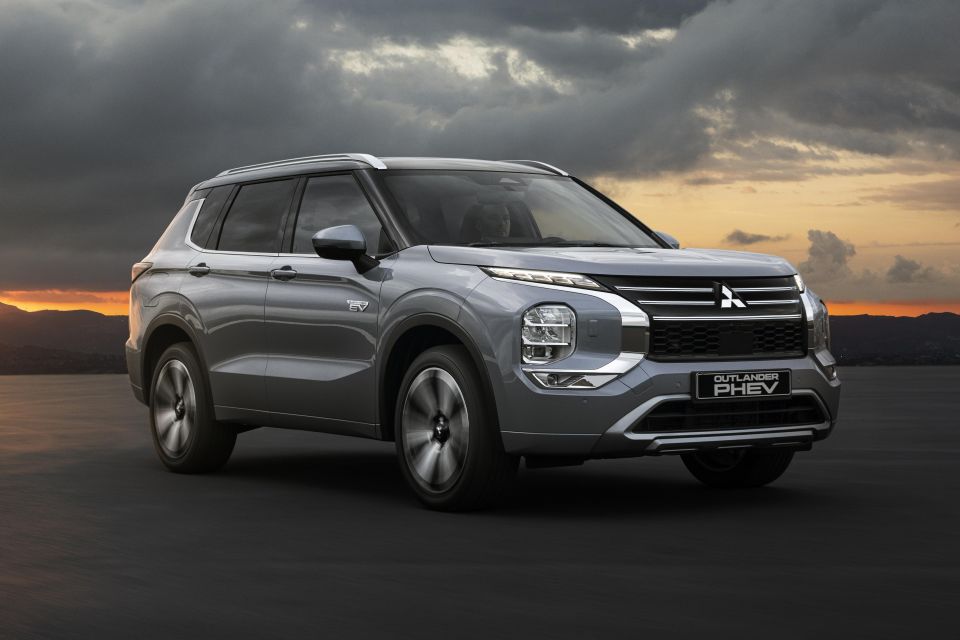
“That’s not just for our industry, it’s for everything. We need to be looking at reducing significant emissions to protect our planet for the future.”
The NVES sets out to do just that. Put simply, manufacturers are now subject to CO2 limits for new cars, which are 141g/km for passenger cars and 210g/km for light commercial vehicles and heavy-duty SUVs. These limits will reduce every year until 2029, forcing manufacturers to sell increasingly efficient vehicles.
Among the ways to get around this and continue to sell ‘dirtier’ vehicles is to sell more zero- and low-emission cars like EVs and hybrids, but Mr Westcott doesn’t expect government regulations to reverse recent trends in EV demand.
“I think there’s a degree of naivety that thinks that if you just penalise us as [manufacturers], all of us, that somehow that’s miraculously going to change the market,” he said.
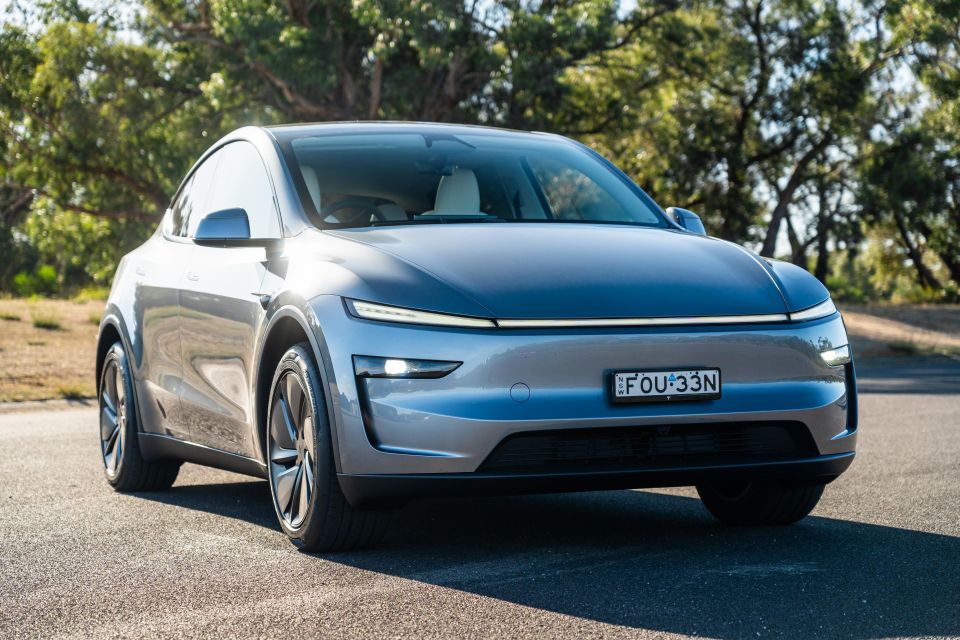
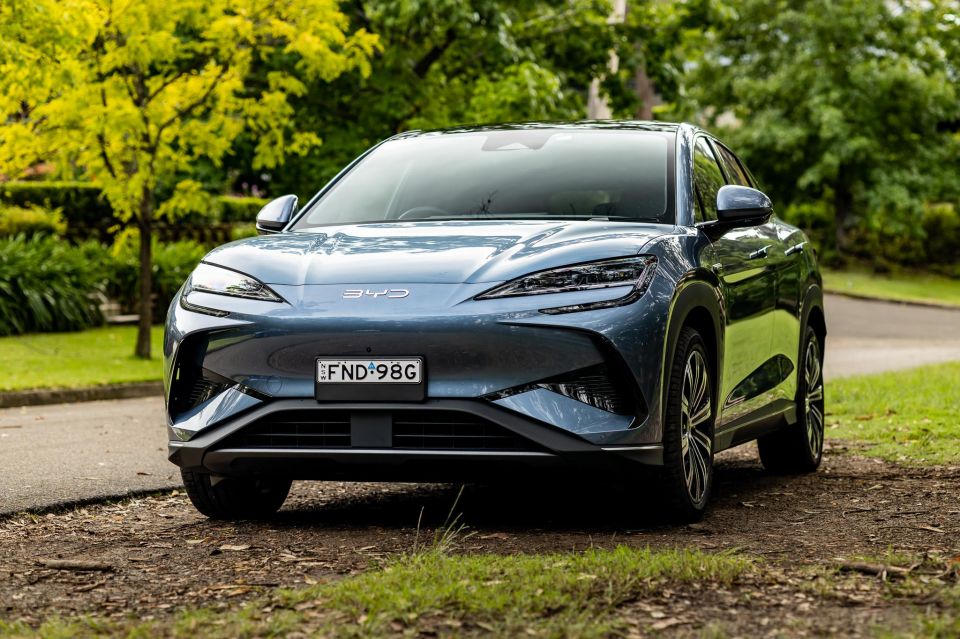
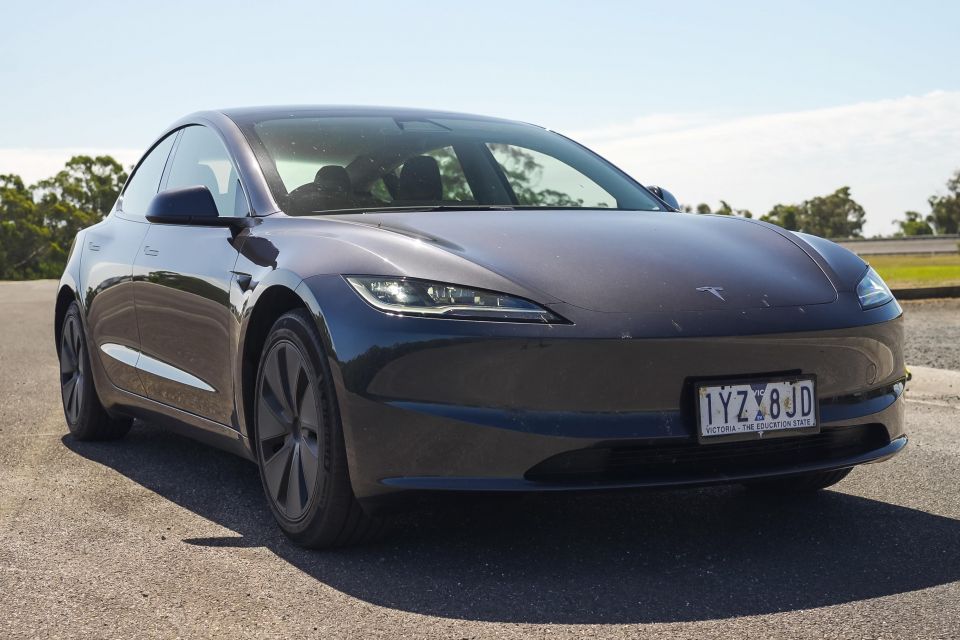
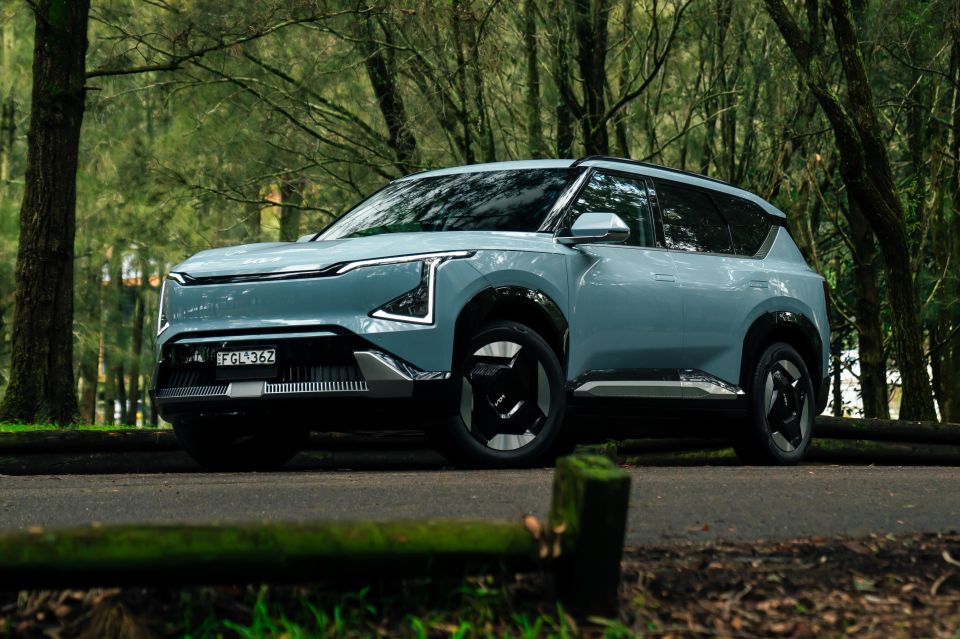
ABOVE: Australia’s four best-selling EVs.
“And the reality is, as we sit here today, at last count, and I’m losing count, there are [more than 85] battery EV options available in the Australian market. There is no shortage of choice, and yet battery-electric vehicles are still in [low demand].
“That’s not because of penalties or a lack of penalties. We’ve got plenty of those, but they’re not going to change the equation, because there are other pieces in the puzzle that are missing.
“Any solid, rational person will understand that you need to address, and whether it’s mathematics or accounting, you’ve got to balance the equation.
“We, as a [manufacturer], cannot force you or [anyone] to buy an EV, and you can penalise us to death. I still am not going to force you to buy an EV.”

Mitsubishi’s current focus is firmly on plug-in hybrid vehicles (PHEVs), though it does have plans to launch an EV co-developed with Foxtron in the second half of 2026. Fringe benefits tax (FBT) exemptions for PHEVs recently came to an end though, a move Mr Westcott has previously labelled a mistake.
In the first half of 2025, 25,613 PHEVs were delivered across Australia, a significant increase on the 8223 delivered in the same period last year.
EVs, meanwhile, have notched 47,145 deliveries in the first half of 2025, but that number is down on the 50,905 delivered in the first half of 2024.
“We need to understand the reasons that people aren’t buying EVs, and that includes, among other things – there’s a few things – but one of them is primarily infrastructure. Where do I charge this car?,” Mr Westcott said.
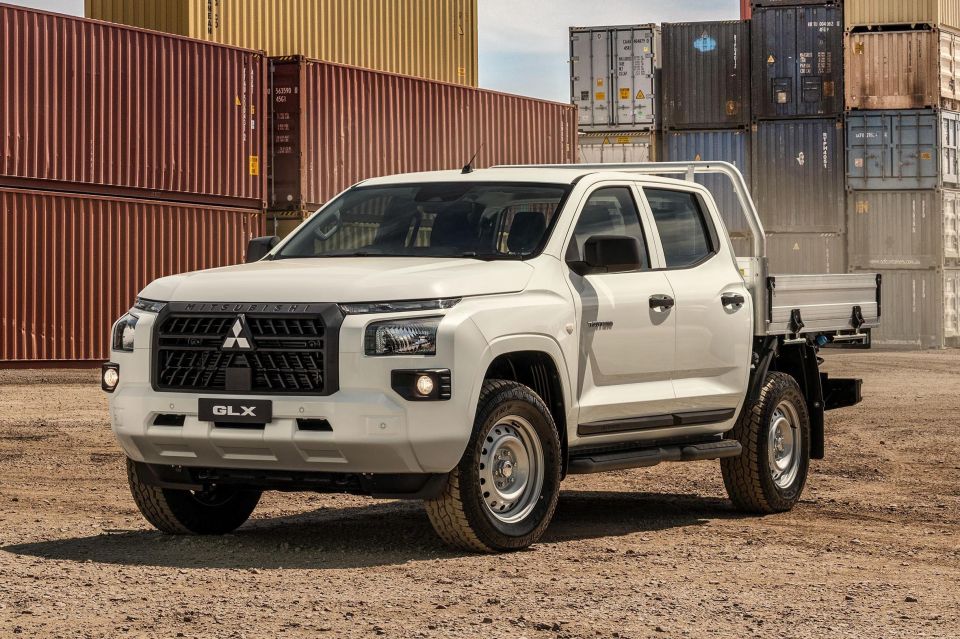
“And if I’m a tradie and I’ve got five jobs to do, and the current technology doesn’t allow me to tow a trailer that weighs 3.5 tonnes full of tools or cement or tiles for eight hours of the day, so I can get to the five jobs that I need to do without spending an hour or two hours charging my car every two hours, then I’m going to make no money, mate. I’m not going to make a living.
“There’s a practicality, there’s common sense, maybe, but just some practicality that’s missing in what’s happened with NVES. The ambition is right, but there’s a gap between ambition and reality.
“And I don’t see anybody that’s talking about how we’re going to fix those gaps that exist between ambition and reality. Just penalising us is not going to force people to buy cars.
“We can’t force people to buy cars. We are a democratic country, and people have free choice.”
MORE: What the first federal emission standard means for Aussie car buyers MORE: PHEV tax break ends in Australia, just as sales boom and EVs falter MORE: Everything Mitsubishi
Where expert car reviews meet expert car buying – CarExpert gives you trusted advice, personalised service and real savings on your next new car.
Max Davies is an automotive journalist based in Melbourne, Australia. Max studied journalism at La Trobe University and stepped into the automotive world after graduating in late 2023. He grew up in regional Victoria, and with a passion for everything motorsport is a fan of Fernando Alonso.


Neil Briscoe
4 Days Ago
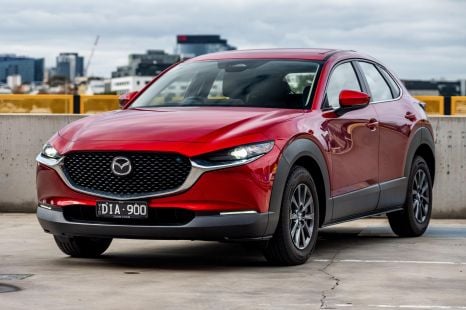

Max Davies
3 Days Ago
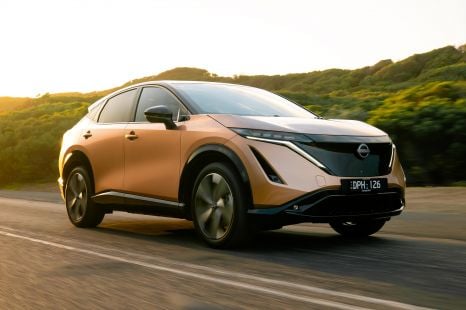

James Wong
2 Days Ago
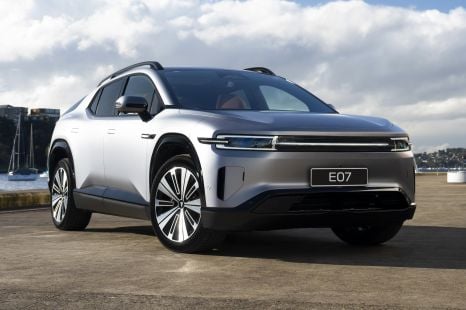

William Stopford
2 Days Ago
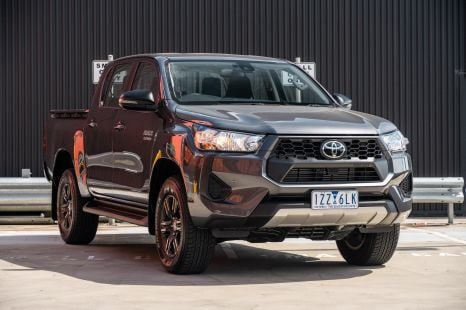

Josh Nevett
19 Hours Ago
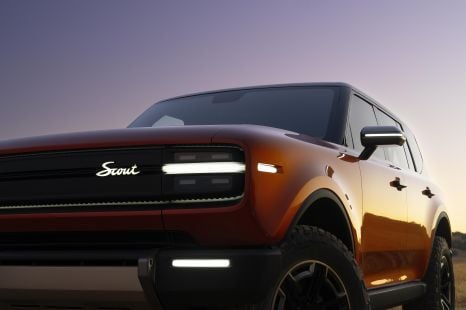

Ben Zachariah
16 Hours Ago